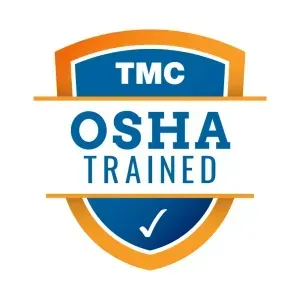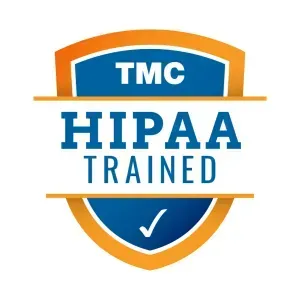FAQ
Frequently Asked Questions Our Internal Medicine Experts Hear in the Fayetteville & Hope Mills, NC Area
Cape Fear Family Medical Care offers comprehensive services to the Hope Mills and Fayetteville, NC area. We have compiled some of the questions we see most often for your convenience.
-
How Does Urgent Care Work?
An urgent care facility can supplement the services provided by a primary care doctor; it provides more comprehensive services onsite than most doctors' offices. It also provides extended office hours and shorter wait times than regular medical offices.
-
When Should I Visit Urgent Care?
For life-threatening conditions or significant injuries, you should visit the emergency room. However, an urgent care facility is perfect for conditions you would like to address quickly without the expense of the ER.
-
What Information Do I Need to Bring?
You will need to bring a valid ID and insurance card (if you are paying by insurance). When you visit our facility, you will fill out some simple paperwork before seeing the doctor.
-
What is Internal Medicine?
Internal medicine deals with the health and wellness of adults, as opposed to pediatrics (which focuses on children) or family medicine (which does not focus on one specific age bracket). Those who specialize in internal medicine have comprehensive, deep knowledge; an internist can provide routine care and can diagnose a wide variety of diseases and conditions.
-
What is Diabetes?
Diabetes is a lifelong disease that is characterized by high levels of sugar in the blood. It affects more than 20 million Americans. There are two types of diabetes: type 1 diabetes is present from birth and presents as a pancreas deficiency. Your pancreas produces insulin, which helps to regulate your blood sugar. If it does not do this properly, your blood sugar levels can spike dangerously. People with type 1 diabetes must use insulin from an injection or a pump to manage their condition. Type 2 diabetes typically manifests in adults; your odds of developing it increase with weight gain, overconsumption of sugary food and drink, and a sedentary lifestyle.
-
Can Diabetes Go Away?
There is currently no cure for diabetes. Type 1 diabetes is a deficiency of the pancreas to produce insulin; patients are born with it. Type 2 diabetes is more common; it still can't be cured, but adopting a healthy lifestyle can help reduce symptoms and risks of complications. If you have diabetes, it's important to stay vigilant about your condition; monitor your blood sugar levels regularly and be careful about your consumption.
-
What are the Signs of a Diabetic Emergency?
A diabetic emergency can occur when a diabetic person's blood sugar levels become too low. Signs and symptoms of a diabetic emergency include hunger, sweating, clammy skin, weakness, feeling faint, and sudden loss of responsiveness. If you notice any of these signs, take quick action. An untreated diabetic emergency can become very dangerous.
-
What Should I Do if I See Someone Having a Diabetic Emergency?
If you suspect a diabetic emergency, give the person something sweet to eat or give them a non-diet drink. This can include cola, lemonade, fruit juice, candy, and even sugar cubes. Giving them something sugary will help raise their blood sugar levels and improve their bodily function.



